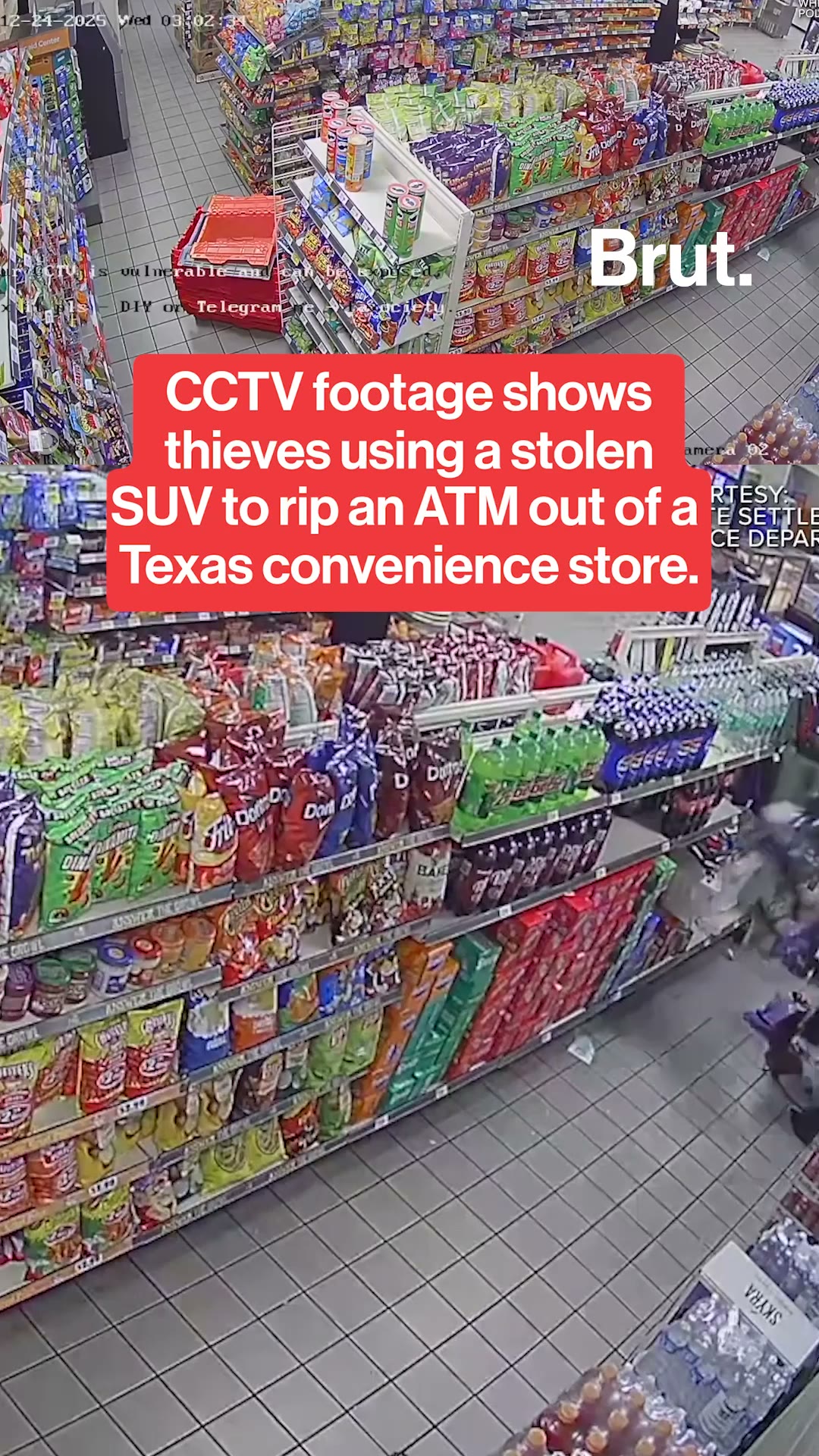What is the Black Economic Revolution? | w/ Seren Sensei
Supporting black-owned businesses is key to spark change
In 1863, the black community owned a total of 0.5% of the total wealth in the US. More than 150 years later, that number has barely budged - Blacks still only own less than 2% of the wealth in the country. Inspired by Black Power’s rhetoric of economic self-determination and reignited by the Black Lives Matter movement, the movement to #BuyBlack and divest from businesses that contribute to racial inequality has been picking up steam. In 2015, Youtuber and activist Seren Sensei began only buying from black-owned businesses.
Through her YouTube channel, she makes a commitment to support black artists, black entrepreneurs. There are over 2.5 million black-owned businesses in the U.S., and black Americans make up 14% of the total population and wield a buying power valued at more than a trillion dollars supported by data from Nielsen metrics. Yet, only a tiny fraction of that money is spent at black-owned businesses. In 2007, black-owned businesses accounted for nearly 1/5 of all businesses in Washington, D.C. – but a recent study shows that Washington has also the most intense gentrification in the country, forcing black-owned businesses to close amid rising property taxes in as stated in NerdWallet.
The largest number of black townships after the Civil War were located in Oklahoma. Between 1865 and 1920, African Americans founded more than 50 black townships in the state. Before the Tulsa Race Massacre where the city’s black district of Greenwood was attacked by a white mob, resulting in two days of bloodshed and destruction, the area had been considered one of the most affluent African American communities in the United States for the early part of the 20th century. The movement has its critics. In 2018, researchers from the Duke University addressed what they call the myths propagated by #BuyBlack campaigns. But for activists, supporting black-owned businesses is key to spark change.
Brut.
What is the Black Economic Revolution? | w/ Seren Sensei
Supporting black-owned businesses is key to spark change
In 1863, the black community owned a total of 0.5% of the total wealth in the US. More than 150 years later, that number has barely budged - Blacks still only own less than 2% of the wealth in the country. Inspired by Black Power’s rhetoric of economic self-determination and reignited by the Black Lives Matter movement, the movement to #BuyBlack and divest from businesses that contribute to racial inequality has been picking up steam. In 2015, Youtuber and activist Seren Sensei began only buying from black-owned businesses.
Through her YouTube channel, she makes a commitment to support black artists, black entrepreneurs. There are over 2.5 million black-owned businesses in the U.S., and black Americans make up 14% of the total population and wield a buying power valued at more than a trillion dollars supported by data from Nielsen metrics. Yet, only a tiny fraction of that money is spent at black-owned businesses. In 2007, black-owned businesses accounted for nearly 1/5 of all businesses in Washington, D.C. – but a recent study shows that Washington has also the most intense gentrification in the country, forcing black-owned businesses to close amid rising property taxes in as stated in NerdWallet.
The largest number of black townships after the Civil War were located in Oklahoma. Between 1865 and 1920, African Americans founded more than 50 black townships in the state. Before the Tulsa Race Massacre where the city’s black district of Greenwood was attacked by a white mob, resulting in two days of bloodshed and destruction, the area had been considered one of the most affluent African American communities in the United States for the early part of the 20th century. The movement has its critics. In 2018, researchers from the Duke University addressed what they call the myths propagated by #BuyBlack campaigns. But for activists, supporting black-owned businesses is key to spark change.
Brut.













